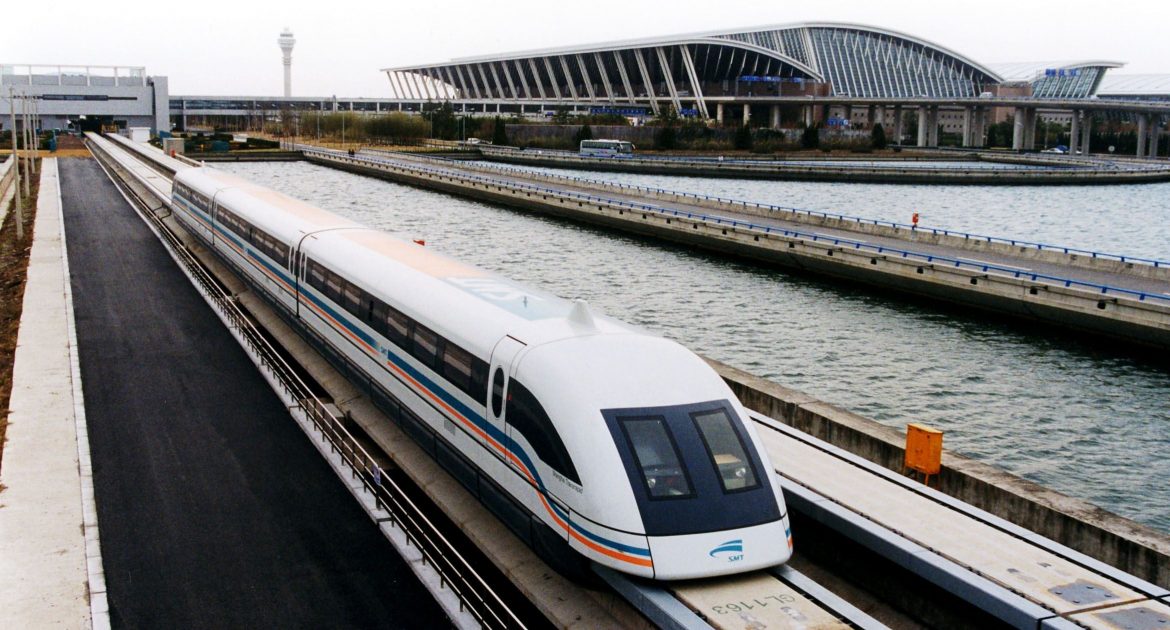Management systems influence every aspect of the supply chain, from design and purchasing to logistic and management solutions. A strong system broad and deep visibility allows for efficient transport implementation and scheduling, that leads to improved user satisfaction. As a result, more sales are generated, allowing firms to expand. For such a changing international trade environment in which we live and transact, it’s critical to get a system that can help you negotiate difficult trade agreements and compliance processes.
A transport management technology is a logistic support system that provides techniques to help businesses in making plans, implementing, and optimisation the transportation of goods, alike soon to come and extroverted, as well as ensuring that the shipping is compliant and that all necessary documentation is available. This system is frequently a piece of a comprehensive supply chain management.

The transportation management system , often known as TransVirtual, provides visibility into daily transport systems, business registration data and documents, and ensures the speedy delivery of shipments and goods. Management systems also make it easier for organisations to manage and optimise their transportation, whether it be by land, aircraft.Other basic components system includes purchasing, production scheduling, supply chain management, customer orders, production, inventory, and warehouse management, in additional to transportation management.
Customer expects to get everything they want, whenever they want it, in in this day and of the same shipment and genuine tracking. Trying to keep up with the this demand is placing traditional firms under unprecedented strain, and is nowhere is this more evident than the supply chain. The actual transportation of materials is a vital component in the distribution chain, and more companies are turning to transportation systems that help them control it. The Companies that have to ship, transport, and retrieve items on a regular basis employ transportation management systems.
Third-party logistics firms, as well as logistics service providers, are companies that would provide logistics services.A transport management system is used by businesses in practically every industry, including construction to life sciences. Enterprises with annual freight expenditures of million dollars or more are the primary customers, although the emergence of cloud-based TMS systems has made it much more reasonable for smaller companies to reap the benefits of adopting a transport management system within their supply chain.TMS assists a company in determining the appropriate mode of shipping and carrier terms of cost, effectiveness, and duration, as well as optimising number of co carrier route. A robust TMS could provide transparency through every stage of supply chain, and it can also offer knowledge on commerce and tariffs, as well as any potential delays caused by immigration and other trade rules, when combined with global trade basic functionality.



